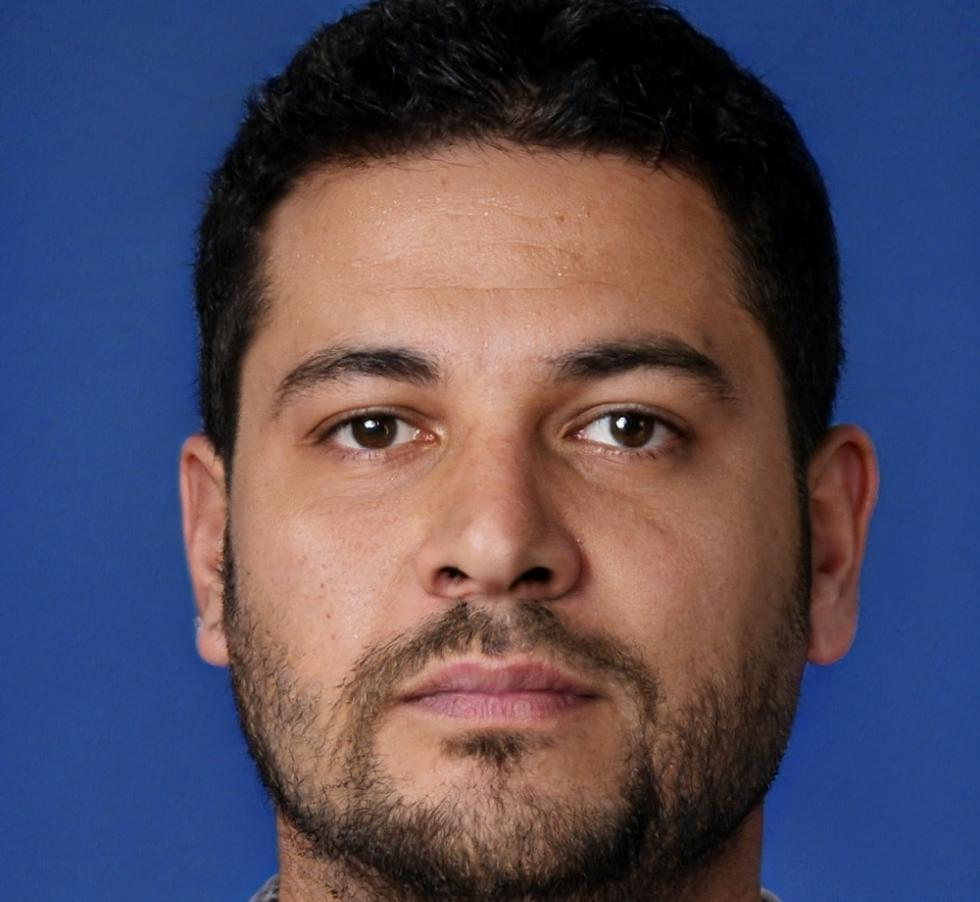Financial Education That Actually Fits Your Business
Most finance training feels disconnected from what your team does every day. We build programs around your calendar cycles, budget deadlines, and the actual financial decisions your people need to make each quarter.
Talk About Your Team's Needs
How We Build Training Around Your Schedule
We don't believe in one-size-fits-all workshops. Your finance team deals with month-end closes. Your managers handle budget reviews. Your executives plan for quarters ahead. Each group needs different skills at different times.
Calendar-Synced Sessions
We schedule training before your major deadlines, not during them. If your fiscal year ends in March, we run budget planning modules in November and December when your team can actually absorb the material.
Role-Based Content
Department heads get forecasting frameworks. Bookkeepers get reconciliation workflows. Each person learns what matters for their specific responsibilities, not generic finance theory.
Real Scenarios From Your Industry
Retail businesses face seasonal cash flow challenges. Service companies deal with project-based accounting. We adapt every case study to match how your sector actually works.
Quarterly Check-Ins
After the initial training, we come back. Not to sell more services, but to see what questions came up when your team applied what they learned. Most finance issues show up three months later, not immediately.
What Makes This Different
Most corporate training happens in a vacuum. We've spent years working with Canadian businesses that have real fiscal pressures and actual compliance requirements. Our programs reflect the difference between textbook finance and the messy reality of running a business through seasonal shifts and economic uncertainty.
What Teams Tell Us After Six Months
These are actual comments from businesses that ran programs with us in 2024. We ask for feedback twice: right after training ends, and again when they've had time to use what they learned.

Our managers used to panic every budget season. After going through the forecasting module, they're asking better questions earlier. That shift alone saved us from two bad inventory decisions in Q3.
Operations Director, Retail Chain

I've sat through a lot of finance training that felt totally disconnected from consulting work. This program actually addressed project-based revenue recognition and how to handle retainer accounting. Practical stuff we use every month.
Managing Partner, Advisory Firm
8-12
Weeks
Typical program length with monthly sessions
4-18
Participants
Small enough for real discussion and questions
3+
Months
Follow-up support after core training ends

